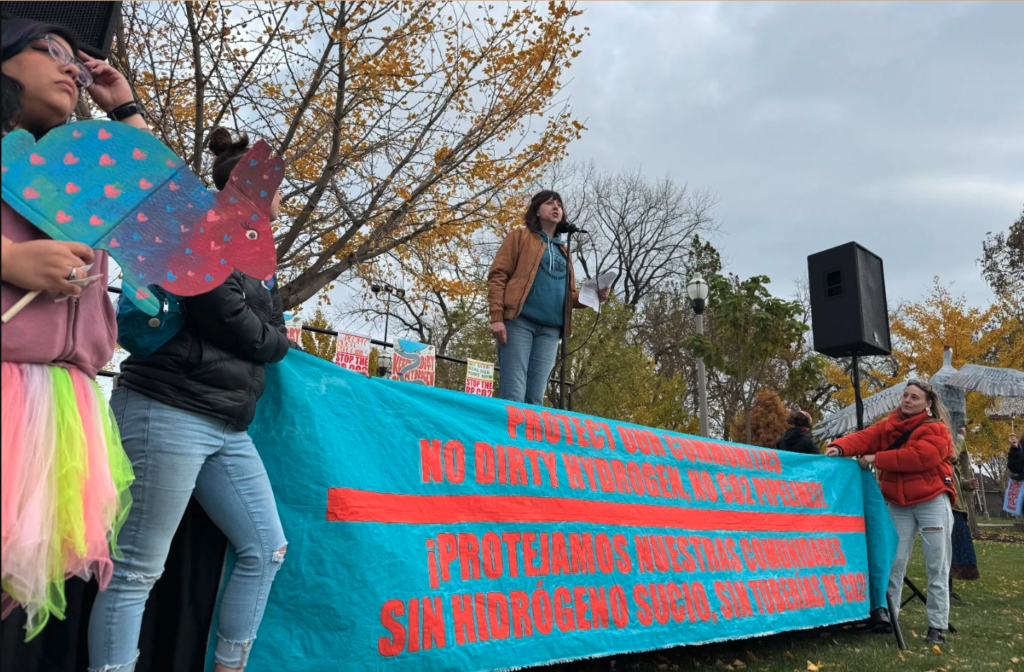For the Record:
Working Group One of the Intergovernmental Panel on Climate Change has put out an official response to the East Anglia University email thefts:
In conclusion, IPCC WGI firmly stands behind its unique procedures and behind the scientific
community and their collective work which has been, and continues to be, the basis of unbiased,
open and transparent assessments of the current knowledge on the climate system and its changes.
The complete text is below and the document is attached.
Bern, 4. December 2009
Working Group I of the Intergovernmental Panel on Climate Change (IPCC) firmly stands
behind the conclusions of the IPCC Fourth Assessment Report, the community of researchers
and its individuals providing the scientific basis, and the procedures of IPCC Assessments.
Comments on blogs and in the media about the contents of a large number of private emails stolen
from the Climatic Research Unit at the University of East Anglia, United Kingdom, have questioned
both the validity of the key findings of the IPCC’s Fourth Assessment Report (AR4) and the integrity
of its authors. IPCC WGI condemns the illegal act which led to private emails being posted on the
Internet and firmly stands by the findings of the AR4 and by the community of researchers worldwide
whose professional standards and careful scientific work over many years have provided the basis for
these conclusions.
The key finding of IPCC AR4, “The warming in the climate system is unequivocal […] “, is based on
measurements made by many independent institutions worldwide that demonstrate significant
changes on land, in the atmosphere, the ocean and in the ice-covered areas of the Earth. Through
further, independent scientific work involving statistical methods and a range of different climate
models, these changes have been detected as significant deviations from natural climate variability
and have been attributed to the increase of greenhouse gases.
The body of evidence is the result of the careful and painstaking work of hundreds of scientists
worldwide. The internal consistency from multiple lines of evidence strongly supports the work of the
scientific community, including those individuals singled out in these email exchanges, many of whom
have dedicated their time and effort to develop these findings in teams of Lead Authors within the
production of the series of IPCC Assessment Reports during the past 20 years.
The IPCC assessment process is designed to ensure consideration of all relevant scientific
information from established journals with robust peer review processes, or from other sources which
have undergone robust and independent peer review. The entire report writing process of the IPCC is
subjected to extensive and repeated review by experts as well as by governments. Consequently,
there is full opportunity for experts in the field to draw attention to any piece of published literature
and its basic findings that would ensure inclusion of a wide range of views.
In compliance with the procedures of IPCC, the conclusions of AR4 have undergone scrutiny in the
form of several stages of reviews by peers and governments, have been revised and refined to take
into account these review comments, and have finally been approved word by word by the
governments of the world1.
Every layer in the process (including large author teams, extensive and multi-step reviews,
independent monitoring of review compliance, and plenary approval by governments) plays a major
role in keeping IPCC assessments comprehensive, unbiased, open to the identification of new
relevant literature, and policy relevant but not policy prescriptive. Therefore, no individual scientist in
the IPCC assessment process is in a position to change the conclusions, or to exclude relevant peerreviewed
papers and scientific work from an IPCC Assessment Report.
In conclusion, IPCC WGI firmly stands behind its unique procedures and behind the scientific
community and their collective work which has been, and continues to be, the basis of unbiased,
open and transparent assessments of the current knowledge on the climate system and its changes.
Subscribe to our newsletter
Stay up to date with DeSmog news and alerts






